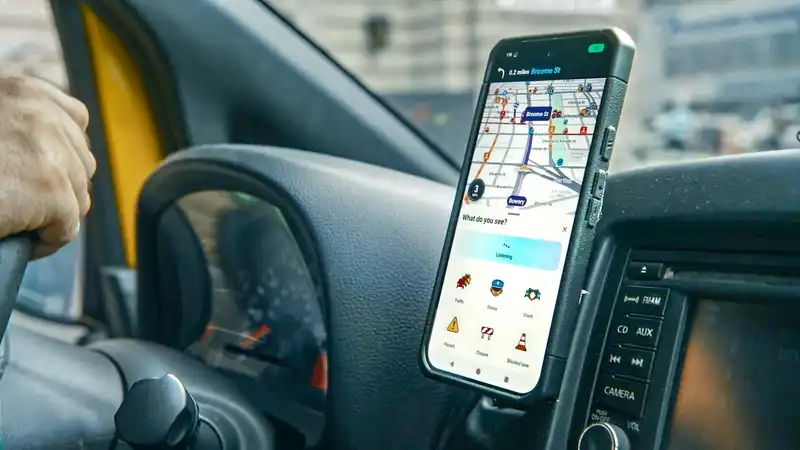Cruising down the highway, you see things that you think other drivers should know about. Speed traps, road closures, stalled vehicles, accidents, you name it, if you are using Waze you can easily report those problems to the app and let other drivers know. The only problem is that this is not so easy when you are supposed to be focused on the road.
Fortunately, Waze is trying to make this process easier and safer with the introduction of a new “conversational reporting” feature. This essentially upgrades the existing voice controls for incident reporting by integrating Google Gemini, making reporting more natural than before.
All of Waze's accident reporting commands are only worthwhile if you learn them. You'd be surprised how quickly that information slips from your mind when you're paying attention to the road and focusing on potential hazards. The only other option is to find the appropriate icon on your cell phone or car screen. This is not difficult to do, but it is another of the distractions that can easily distract you while driving.
With conversational reporting, all you have to do is tap the on-screen reporting button and describe the problem; Gemini can understand more than just the pre-registered commands, so the report does not have to be absolutely perfect.
Waze may ask you to “describe what you saw” to further elaborate, but the rest of the process requires no input from you. In other words, you can keep your eyes on the road and avoid yourself being the subject of a reportable accident.
Waze will also allow map editors to add school zones to the map. Once active on the map, Waze will alert you when you drive near a school, letting you know to be extra careful.
Conversational Reporting will launch later this week for trusted testers of the Waze beta on Android and iOS, but only in English. Other users and languages will have to wait, as it is currently scheduled to be rolled out “within the next few months”. Support for school zones is expected to appear later this year.










Comments